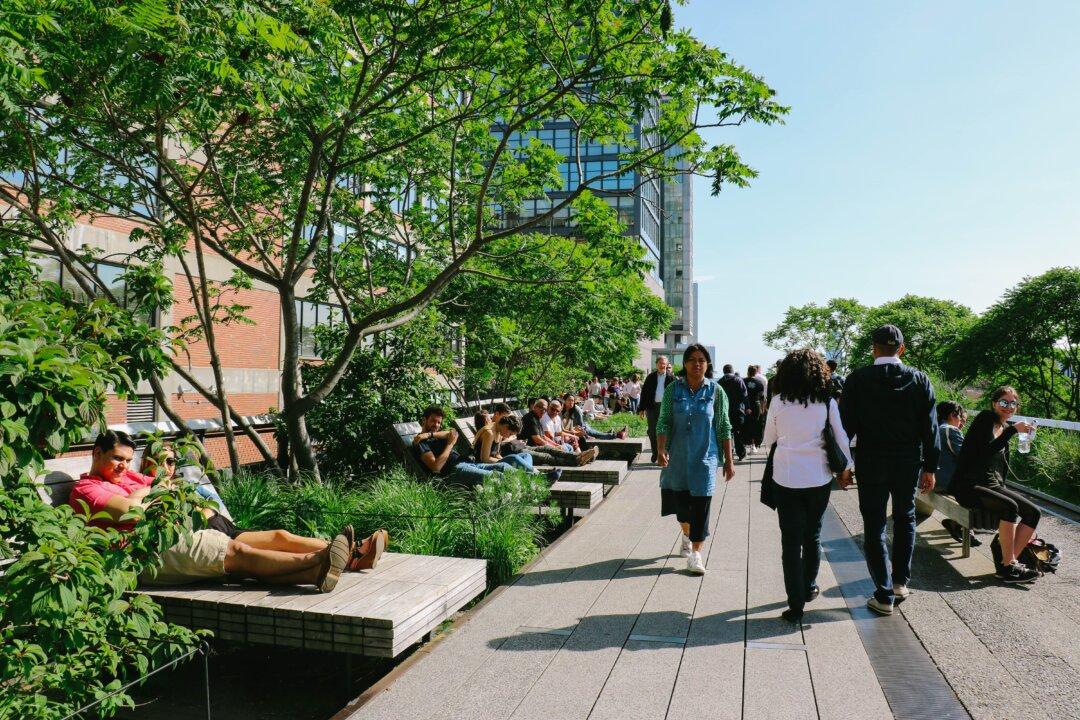Your local city park may improve your health, according to a new study.
The research shows how access to nature in cities increases physical activity and, therefore, overall health.

Your local city park may improve your health, according to a new study.
The research shows how access to nature in cities increases physical activity and, therefore, overall health.